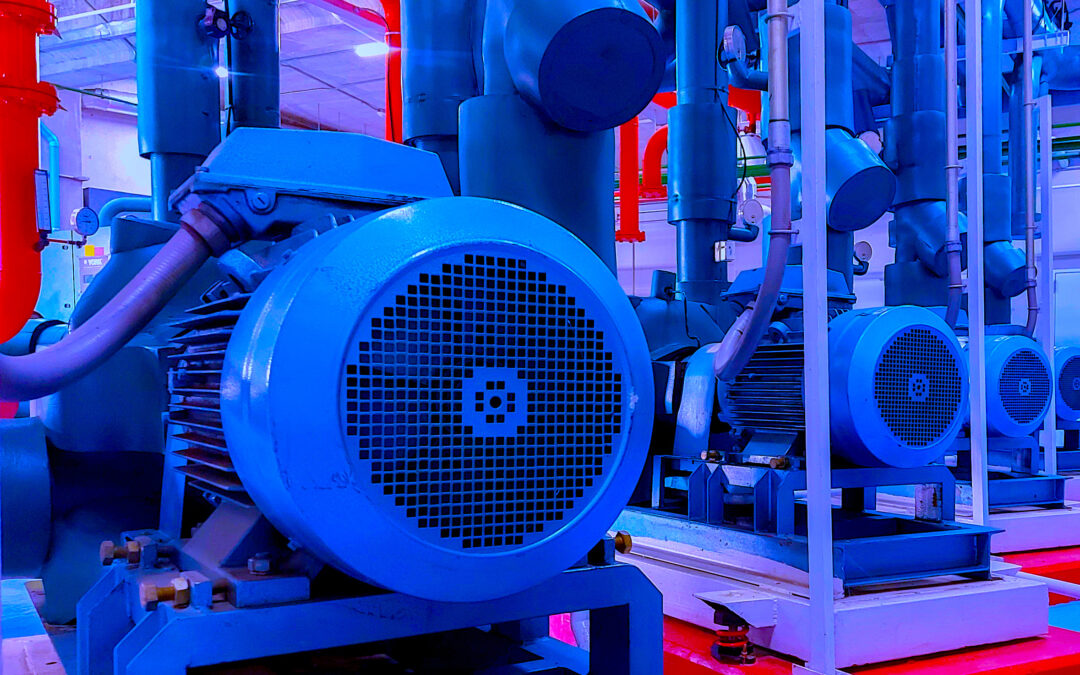Reliability specialists are encouraged to make good use of industry standards. Well-written standards improve equipment uniformity and quality. Take, for example, standards from the National Electrical Manufacturers Association (NEMA). Their foreword explains scope and purpose and could serve as a model for what standards are all about.
TYPICAL SCOPE OF STANDARDS
The standards appearing in NEMA MG publications have been developed by the association’s Motor and Generator Section and approved for publication as “Standards of the National Electrical Manufacturers Association.” They are intended to assist users in the proper selection and application of motors and generators. These standards are revised periodically to provide for changes in user needs, advances in technology, and changing economic trends.
All persons having experience in the selection, use, or manufacture of electric motors and generators are encouraged to submit recommendations that will improve the usefulness of these standards. Inquiries, comments, and proposed or recommended revisions should be submitted to the Motor and Generator Section by contacting the Vice President of Engineering at NEMA headquarters, in Arlington, VA (nema.org).
The best judgment of the Motor and Generator Section on the performance and construction of motors and generators is represented in these standards. They are based upon sound engineering principles, research, and records of test and field experience. Also involved is an appreciation of the problems of manufacture, installation, and use derived from consultation with, and information obtained from manufacturers, users, inspection authorities, and others having specialized experience.
For machines intended for general applications, information as to user needs was determined by the individual companies through normal commercial contact with users. For some motors intended for definite applications,organizations that participated in the standards-development process are listed at the beginning of those definite-purpose motor standards.
NEMA standards provide practical information concerning performance, safety, testing, construction, and manufacture of alternating-current and direct-current motors and generators within the product scopes defined in the applicable section or sections. Note, however, that while some definite-purpose motors and generators are included, the NEMA standards don’t apply to machines such as generators and traction motors for railroads; motors for mining locomotives; arc-welding generators; automotive accessory and toy motors and generators; machines mounted on airborne craft, etc. They may, however, serve as models for standards of interest to the aforementioned.
SOME WORDS TO THE WISE
Finally, while the standards or guidelines presented in a NEMA Standards Publication are considered technically sound at the time they are approved for publication, they are not a substitute for a product seller’s or user’s own good judgment. And that brings us back to the importance of contributions made by your operation’s or corporation’s Subject Matter Experts (SMEs). It also reminds us of the importance of experiences reported by your own facility.
Be sure to keep track of your own failure data and maintenance records. These cannot be replaced by generalized industry standards.TRR
Editor’s Note: Click Here To Download A Complete List Of Heinz Bloch’s 22 Books
ABOUT THE AUTHOR
Heinz Bloch’s long professional career included assignments as Exxon Chemical’s Regional Machinery Specialist for the United States. A recognized subject-matter-expert on plant equipment and failure avoidance, he is the author of numerous books and articles, and continues to present at technical conferences around the world. Bloch holds B.S. and M.S. degrees in Mechanical Engineering and is an ASME Life Fellow. These days, he’s based near Houston, TX. Email him at heinzpbloch@gmail.com.
Tags: reliability, availability, maintenance, RAM, asset management, industry standards, motors, generators, NEMA



